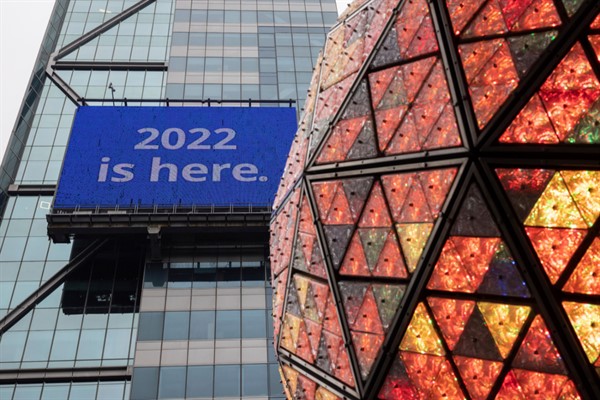Around the world in recent years, the enthusiastic embrace of globalization has given way to a backlash against liberalized trade. Since the start of the coronavirus pandemic, that shift toward a generalized closure, both between and within nations, has become almost a default setting, on display in everything from governments’ rush to close borders in response to new variants to hyperpartisan politics that turns policy debates into trench warfare.
Meanwhile, the pandemic, combined with climate change, has only created added urgency among younger generations to ensure that questions of intergenerational equity are made central to how we address both crises. And all of this is unfolding against the backdrop of an international order in which the taboo against interstate conflict is increasingly fraying.
If there is one reason for hope, it lies in humankind’s resilience and the tendency of all historical developments to set in motion countervailing forces that cause the pendulum once again to swing back in the opposite direction. WPR’s editor-in-chief Judah Grunstein joins Peter Dörrie to discuss the trends that will shape international politics in 2022.
Listen:
Download: MP3
Relevant Articles on WPR:
Making Sense of a Year of Contradictions
The West’s Border Closure Reflex Comes With a Cost
A Youth Activist Wish List to Make 2022 a Year of Breakthroughs
Putin Wants to Rewrite the End of the Cold War
Globalization’s Perverse Convergence
Trend Lines is produced and edited by Peter Dörrie, a freelance journalist and analyst focusing on security and resource politics in Africa. You can follow him on Twitter at @peterdoerrie.
To send feedback or questions, email us at podcast@worldpoliticsreview.com.




